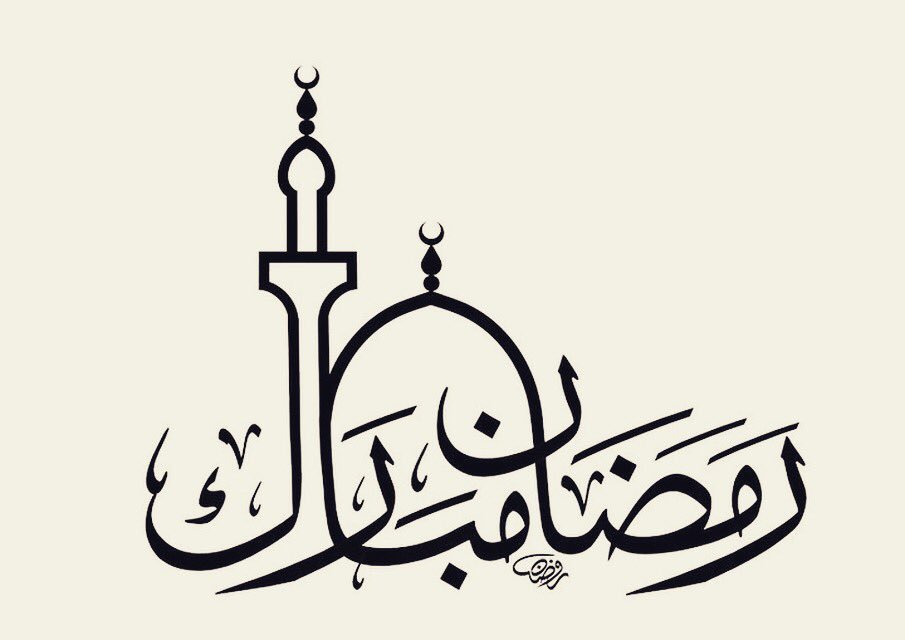Ramadan is a holy month in the Islamic calendar, which is observed by Muslims all around the world. During this month, Muslims fast from sunrise to sunset and engage in various spiritual activities to strengthen their faith and seek Allah’s blessings. One of the most commonly used greetings during Ramadan is “Ramadan Mubarak” which is expressed in Arabic text.
In this article with Arabian tongue, we will explore the meaning, significance, and usage of this phrase in detail.
What does “Ramadan Mubarak” mean?
“Ramadan Mubarak” is a phrase used to convey greetings and blessings to someone during the holy month of Ramadan. The phrase is derived from Arabic, with “Ramadan” referring to the month of fasting and the benefits of fasting during Ramadan and “Mubarak” meaning blessed. Therefore, the phrase can be roughly translated to “Blessed Ramadan”.
The Importance of Arabic Text
Arabic is the language of the Quran, and it is the primary language used in Islamic teachings. The Arabic language has a lot of significance in Islam, and using it to greet someone during Ramadan shows respect for Islamic culture and tradition. Ramadan Mubarak in Arabic Text carries a lot of weight as it reflects the importance of the Arabic language in Islamic culture.
Moreover, Arabic is a beautiful language with a rich history and culture. Learning a few Arabic phrases, such as Ramadan Mubarak, can help individuals appreciate the Islamic culture and gain a deeper understanding of the religion.
Significance of “Ramadan Mubarak”

The phrase “Ramadan Mubarak” holds significant importance for Muslims during the holy month of Ramadan. It is a way of expressing well wishes and blessings to others and is considered to be a form of worship. It is also a way of acknowledging the significance of the month and expressing gratitude for the blessings and opportunities it brings. Moreover, the greeting also serves as a reminder to Muslims to continue performing good deeds and acts of kindness throughout the month.
How do you say “Happy Ramadan” in Arabic?
Ramadan is a holy month in the Islamic calendar when Muslims around the world fast from sunrise to sunset. It is a time for spiritual reflection, prayer, and charitable acts. To greet someone during this special time, one can say “Ramadan Kareem” or “Ramadan Mubarak” in Arabic.
“Ramadan Kareem” translates to “Generous Ramadan” in English. It is a common greeting during the month of Ramadan that conveys well wishes for a blessed and fruitful month. The word “Kareem” in Arabic means generous, and it is used to express the abundance of blessings that are believed to be bestowed upon people during this month.
On the other hand, “Ramadan Mubarak” translates to “Blessed Ramadan” in English. This phrase is also commonly used to greet someone during the holy month and conveys a sense of well-being and happiness. The word “Mubarak” means blessed, and it is used to express gratitude and appreciation for the many blessings of the Month that are believed to come with the month of Ramadan.
How to Wish Someone a Happy Ramadan
Wishing someone a Happy Ramadan is a common practice during the month of Ramadan. The most common greeting is Ramadan Mubarak. However, there are several other greetings used during Ramadan, such as Ramadan Kareem, which means “Generous Ramadan.” Muslims also use other phrases, such as “May Allah bless you this Ramadan” or “Ramadan blessings to you and your family.”
When greeting someone during Ramadan, it is important to be respectful and mindful of their beliefs. It is also a good idea to learn a few Arabic phrases to show respect for Islamic culture.
Read more about: From Fasting to Praying, A Beginner’s Guide to Ramadan
People also ask about:
Why is it important to use Arabic text when greeting someone during Ramadan?
Arabic is the language of the Quran and has a lot of significance in Islamic teachings. Using Arabic text during Ramadan shows respect for Islamic culture and tradition.
What is the significance of Ramadan?
Ramadan is a time of spiritual reflection, prayer, and fasting. It is an opportunity for Muslims to strengthen their faith, improve their character, and give to those less fortunate.
What are some other common greetings during Ramadan?
Other common greetings during Ramadan include Ramadan Kareem, which means Generous Ramadan, and May Allah bless you this Ramadan
How do Muslims celebrate Ramadan?
Muslims celebrate Ramadan by fasting from dawn to sunset, engaging in prayer and spiritual reflection, giving to those less fortunate, and spending time with family and friends.
Can non-Muslims wish Muslims Ramadan Mubarak?
Yes, non-Muslims can use the greeting Ramadan Mubarak to show respect for the Islamic tradition and culture during the holy month of Ramadan.
Is it necessary to use Arabic text when greeting someone during Ramadan?
While it is not necessary to use Arabic text when greeting someone during Ramadan, it is a sign of respect for the Islamic culture and tradition.
What is the appropriate response to the greeting Ramadan Mubarak?
The appropriate response to the greeting Ramadan Mubarak is Ramadan Kareem, which means Generous Ramadan.
How long does Ramadan last?
Ramadan lasts for 29 or 30 days, depending on the sighting of the new moon.
What are some common foods eaten during Ramadan?
Some common foods eaten during Ramadan include dates, water, lentil soup, and samosas. It is also common to break the fast with a meal called iftar, which often includes a variety of traditional dishes.
Conclusion
Ramadan Mubarak in Arabic Text is a significant greeting during the holy month of Ramadan. It reflects the importance of the Arabic language in Islamic culture and shows respect for the Islamic tradition. Ramadan is a time of spiritual reflection, prayer, and fasting. It is an opportunity for Muslims to strengthen their faith, improve their character, and give to those less fortunate. The month of Ramadan is a time for celebration and togetherness, and it is a chance for Muslims around the world to come together and strengthen their bonds with others.


